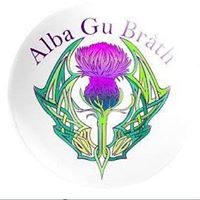Mao Zedong was a politician of which country?
Mao Zedong (26 December 1893 – 9 September 1976), also known as Chairman Mao and Mao Runzhi (courtesy name), was a Chinese communist revolutionary who became the founding father of the People's Republic of China (PRC), which he ruled as the Chairman of the Communist Party of China from its establishment in 1949 until his death in 1976. Ideologically a Marxist–Leninist, his theories, military strategies, and political policies are collectively known as Maoism.
Mao was the son of a prosperous peasant in Shaoshan, Hunan. He had a Chinese nationalist and an anti-imperialist outlook early in his life, and was particularly influenced by the events of the Xinhai Revolution of 1911 and May Fourth Movement of 1919. He later adopted Marxism–Leninism while working at Peking University, and became a founding member of the Communist Party of China (CPC), leading the Autumn Harvest Uprising in 1927. During the Chinese Civil War between the Kuomintang (KMT) and the CPC, Mao helped to found the Chinese Workers' and Peasants' Red Army, led the Jiangxi Soviet's radical land policies, and ultimately became head of the CPC during the Long March. Although the CPC temporarily allied with the KMT under the United Front during the Second Sino-Japanese War (1937–1945), China's civil war resumed after Japan's surrender and in 1949 Mao's forces defeated the Nationalist government, which withdrew to Taiwan.
More Info:
en.wikipedia.org






